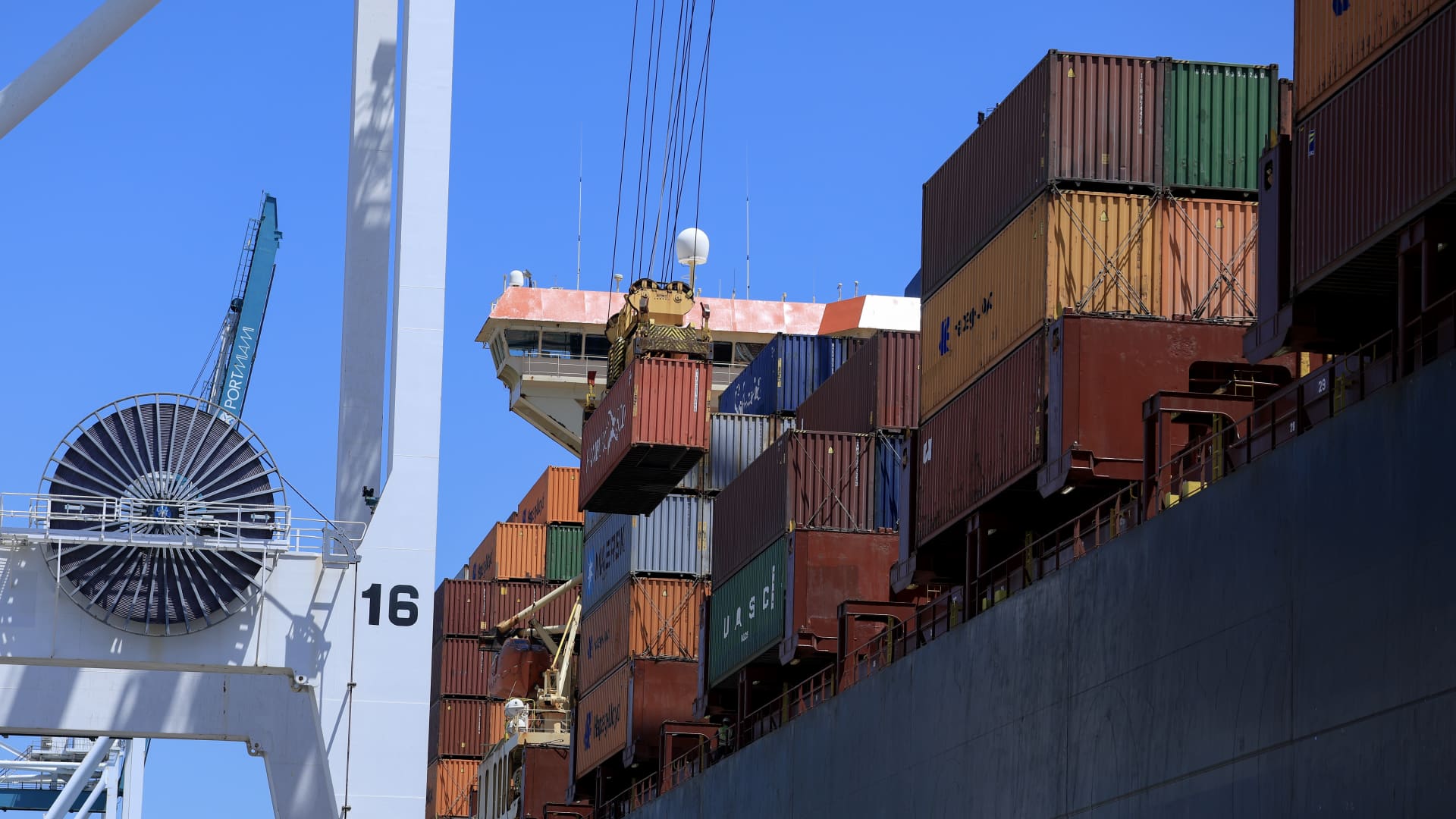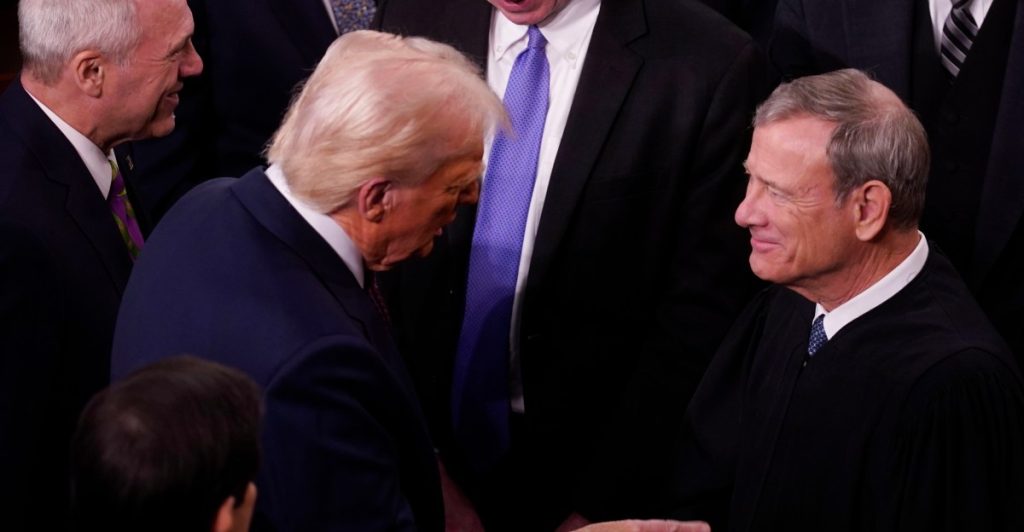Now Reading: Trump administration announces fees on Chinese ships docking at U.S. ports
-
01
Trump administration announces fees on Chinese ships docking at U.S. ports
Trump administration announces fees on Chinese ships docking at U.S. ports

In Miami, Florida on April 15, 2025, shipping containers were being unloaded at PortMiami from a cargo ship. President Donald Trump is reportedly exploring multiple trade deals in response to his imposition of widespread tariffs.
The Trump administration recently introduced charges on Chinese vessels following an investigation by the United States Trade Representative during the Biden-Trump tenures. The investigation found China’s actions to be unreasonable and detrimental to U.S. commerce.
U.S. Trade Representative Jamieson Greer highlighted the importance of ships and shipping for American economic security and the flow of commerce. The administration aims to counter Chinese dominance, address threats to the U.S. supply chain, and promote the construction of U.S.-built ships.
The USTR stated that China gained its dominance through targeted actions that disadvantaged U.S. companies, workers, and the economy. The fees will now be charged per voyage, rather than per port as initially proposed.
The policy, initiated under the Biden administration, aims to impose significant levies on Chinese-made ships entering U.S. ports. The USTR made adjustments to the original proposal following public feedback from over 300 trade groups and interested parties.
China has urged the U.S. to cease blaming and correct its practices. The World Shipping Council also expressed concerns over the port fees, calling them a step in the wrong direction.
The fee schedule includes varying charges based on the net tonnage of vessels. Fees are set to increase gradually over the years. Additionally, fees on foreign-built car carrier vessels and LNG vessels will be implemented in phases.
Certain exemptions apply to bulk exports and shipping to U.S. territories.






